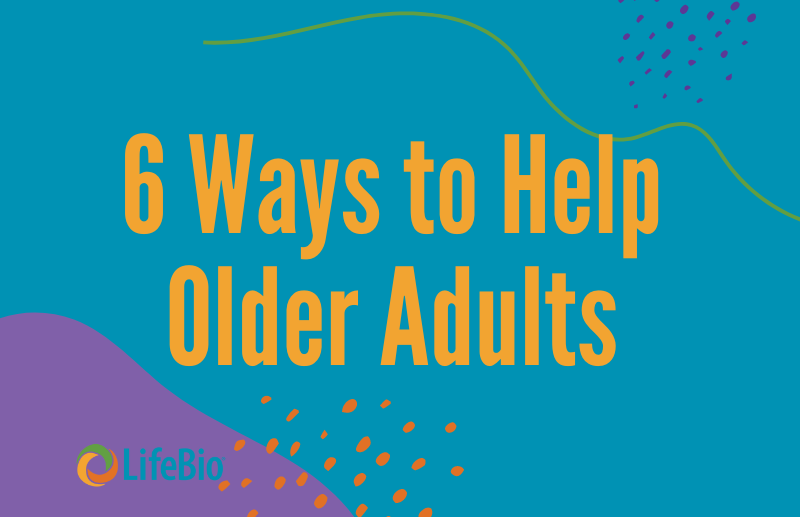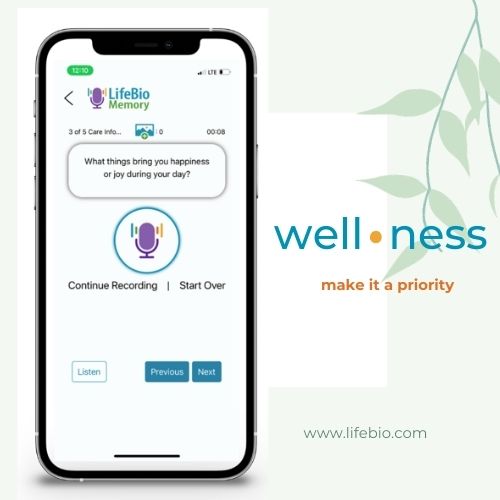Reminiscence Therapy- The Treatment of Storytelling
Did you know that you can provide feelings of comfort and safety to a loved one with dementia or other forms of memory loss simply by asking questions or discussing things about their past? It's called reminiscence therapy, and it's easy and effective!
READ MOREEmotional Wellness- Part 2 of 2
(This is a continuation from LifeBio’s blog on Emotional Wellness from Tuesday, June 30th.)
Storytelling and Emotional Wellness
Being a storyteller allows us to have control of the story we share. When we are allowed to construct a story, we get to determine the important parts. We can choose what to include, and we can filter out things that we deem smaller or less significant. We can find the deeper meaning in it all. We get to determine the significant characters, the important events, the turning points that we tell, and how things shape us. While living through events, we can interpret them through storytelling. We can decide if and what we want to share from our story with others on our journey. Jonathan Adler, PhD and professor of psychology, says, “You may not have control over all your circumstances, but you can choose how to tell the story.”
READ MORE"We Need to Talk" - All About Reminiscence Therapy
For thousands of years, people have shared stories around the campfire, the hearth, and the kitchen table. We human beings are practically pre-programmed to enjoy telling and sharing our stories. Taken in its simplest form, Reminiscence Therapy (or RT) is recalling and discussing the people, places, and events that shaped us. More than merely retelling the same old story, however, Reminiscence Therapy delves deeper and is used as a therapeutic tool that improves mood, reduces the use of pharmacological interventions, and improves quality of life. Plus, it’s fun!
READ MORE






